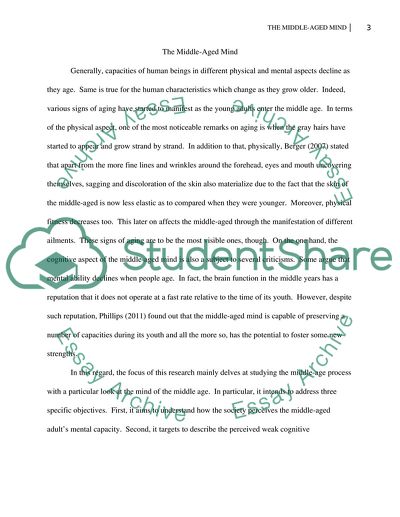Cite this document
(“Cognitive Aspect of the Mind at the Middle Age Research Paper”, n.d.)
Cognitive Aspect of the Mind at the Middle Age Research Paper. Retrieved from https://studentshare.org/social-science/1782228-the-middle-adult-aging-process
Cognitive Aspect of the Mind at the Middle Age Research Paper. Retrieved from https://studentshare.org/social-science/1782228-the-middle-adult-aging-process
(Cognitive Aspect of the Mind at the Middle Age Research Paper)
Cognitive Aspect of the Mind at the Middle Age Research Paper. https://studentshare.org/social-science/1782228-the-middle-adult-aging-process.
Cognitive Aspect of the Mind at the Middle Age Research Paper. https://studentshare.org/social-science/1782228-the-middle-adult-aging-process.
“Cognitive Aspect of the Mind at the Middle Age Research Paper”, n.d. https://studentshare.org/social-science/1782228-the-middle-adult-aging-process.


